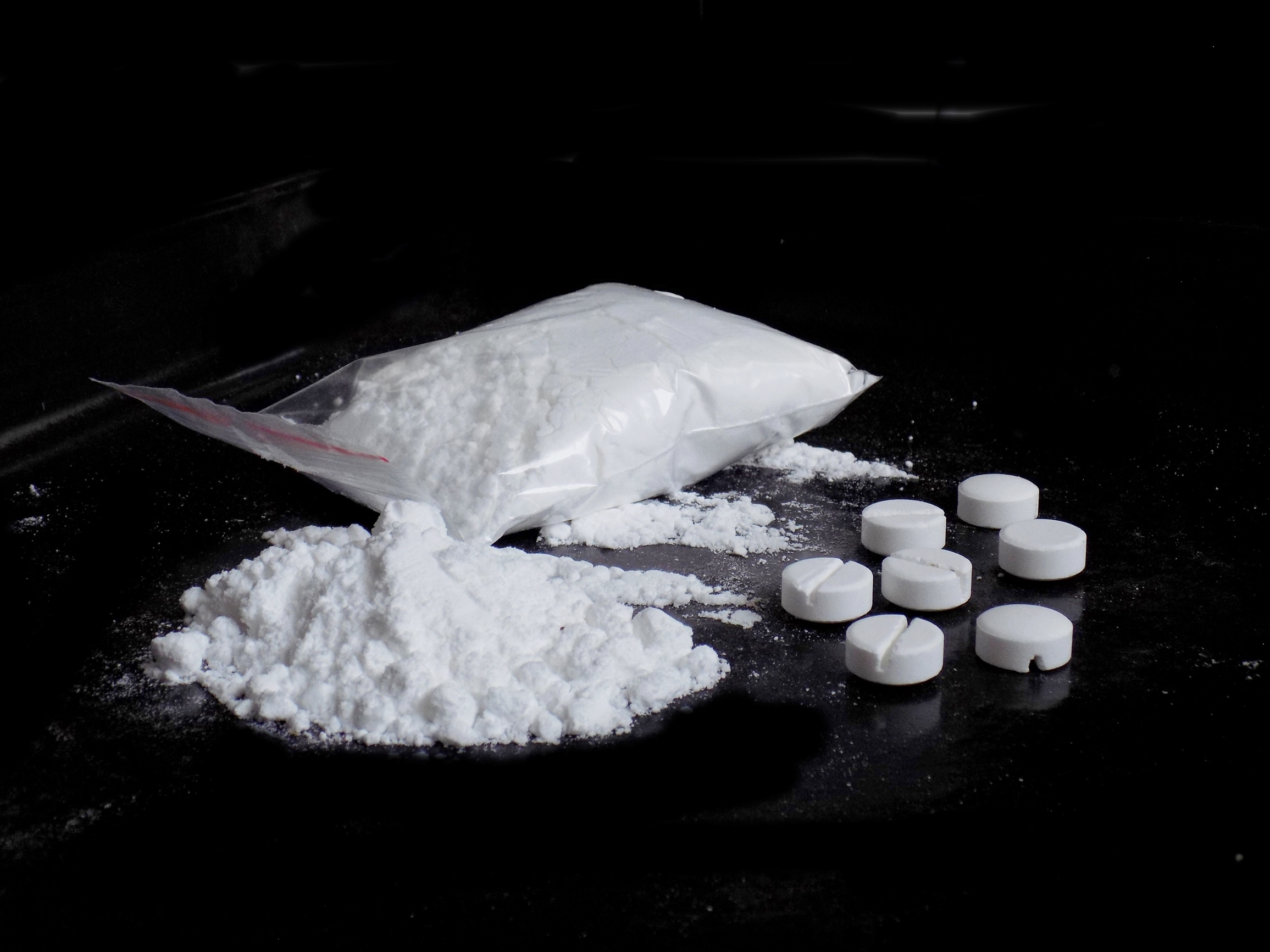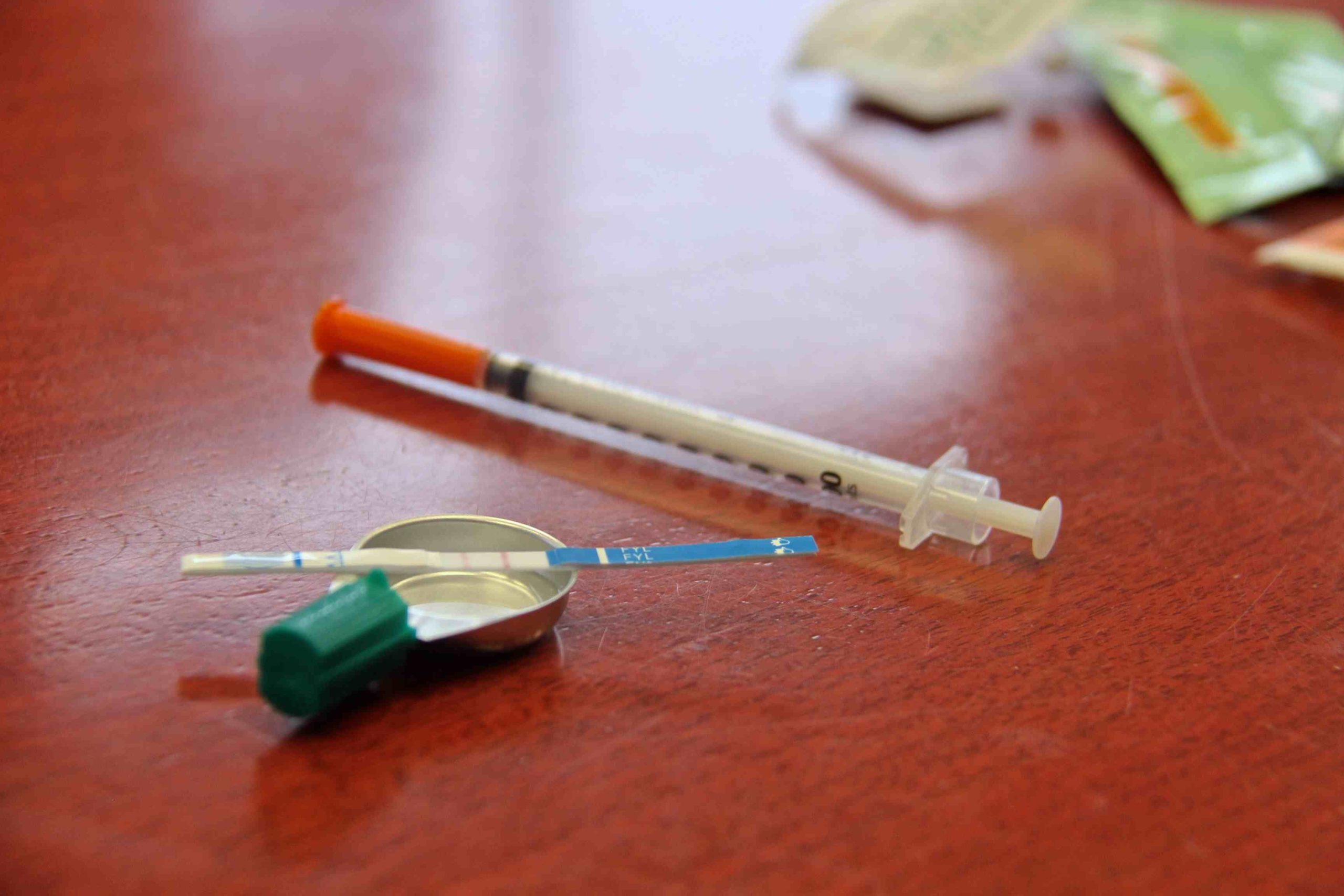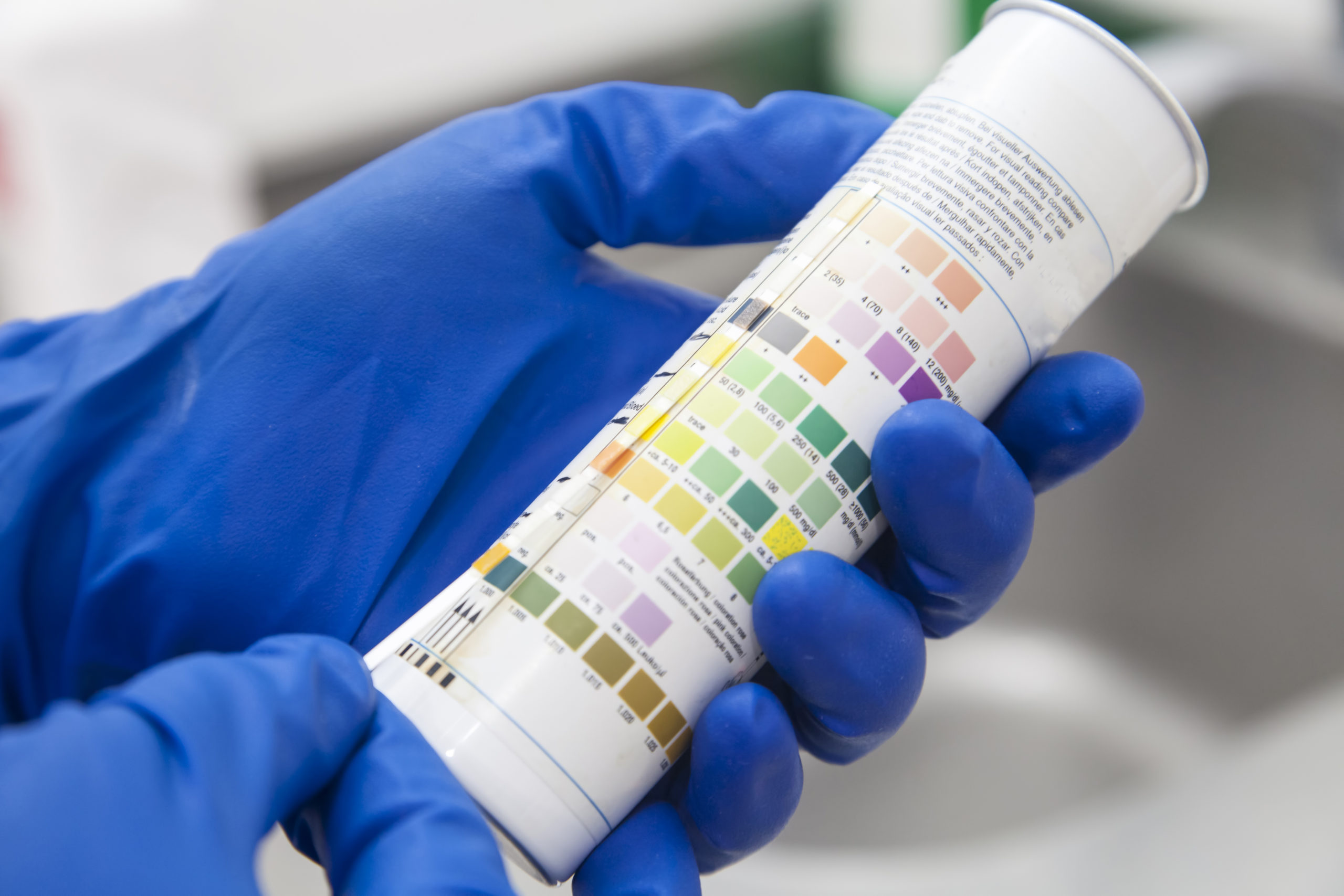Pill Press Laws: A Forgotten Aspect of Counterfeit Drugmaking – UPDATE
This Fact Sheet provides updated information (as of March 2024) about pill presses, devices that can be easily purchased on the Internet, that are responsible for flooding the United States market with untold doses of counterfeit medication....











